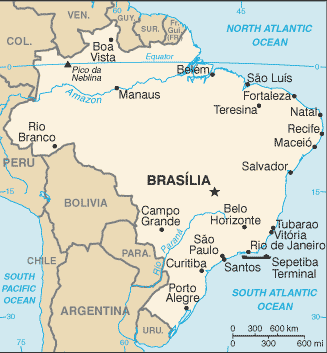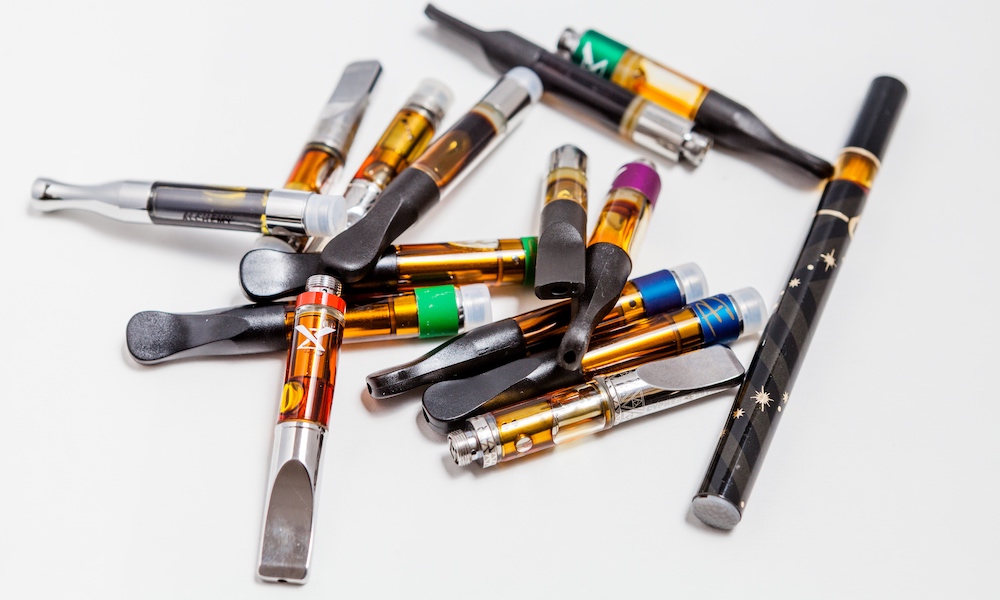 Zambia becomes the latest African country to legalize cannabis cultivation—in the midst of a shriveling drought that has caused massive crop failures. The landlocked republic could be an unwilling test case in whether cannabis is as effective a drought-resistant crop as its boosters claim.
Zambia becomes the latest African country to legalize cannabis cultivation—in the midst of a shriveling drought that has caused massive crop failures. The landlocked republic could be an unwilling test case in whether cannabis is as effective a drought-resistant crop as its boosters claim.

 A new study in Canada on cannabis and driving casts doubt on zero-tolerance limits for THC. The study's authors say that THC can indeed impair driving—but that applying laws designed for booze to marijuana is bad science and bad policy.
A new study in Canada on cannabis and driving casts doubt on zero-tolerance limits for THC. The study's authors say that THC can indeed impair driving—but that applying laws designed for booze to marijuana is bad science and bad policy. Brazil's limited medical marijuana program takes a step forward with new regulations allowing importation of THC products. Cultivation within the country, however, will be confined to "hemp"—that is, CBD-only strains. And even that is proceeding very slowly. The far-right government of Jair Bolsonaro meanwhile continues its hardline policies in the face of fast-escalating narco-violence.
Brazil's limited medical marijuana program takes a step forward with new regulations allowing importation of THC products. Cultivation within the country, however, will be confined to "hemp"—that is, CBD-only strains. And even that is proceeding very slowly. The far-right government of Jair Bolsonaro meanwhile continues its hardline policies in the face of fast-escalating narco-violence. This year has seen a disturbing nationwide outbreak of lung injuries, some fatal, which researchers link to vaping—either of tobacco products or cannabis concentrates. A regulatory crack-down on the vaping industry has ensued—but amid serious confusion displayed by politicians and media alike.
This year has seen a disturbing nationwide outbreak of lung injuries, some fatal, which researchers link to vaping—either of tobacco products or cannabis concentrates. A regulatory crack-down on the vaping industry has ensued—but amid serious confusion displayed by politicians and media alike. Cannabis may be legal in California, but illicit cultivation persists—especially in the National Forests, where it often takes a grave ecological toll. The CROP Project—for Cannabis Removal On Public Lands—is now bringing together environmentalists, law enforcement and the legal cannabis industry for a coordinated approach to the problem.
Cannabis may be legal in California, but illicit cultivation persists—especially in the National Forests, where it often takes a grave ecological toll. The CROP Project—for Cannabis Removal On Public Lands—is now bringing together environmentalists, law enforcement and the legal cannabis industry for a coordinated approach to the problem. California is moving toward adopting official "appellations" for cannabis, certifying a strain's regional origin. The concept is inspired by the wine industry, where such a certification system has long been in place in several producer countries. Wine appellations, often a mark of prestige, provide a model for what is now to be applied to high-end cannabis.
California is moving toward adopting official "appellations" for cannabis, certifying a strain's regional origin. The concept is inspired by the wine industry, where such a certification system has long been in place in several producer countries. Wine appellations, often a mark of prestige, provide a model for what is now to be applied to high-end cannabis. Having cannabis removed from the federal list of controlled substances has long been the holy grail of legalization advocates. Several bills have now been introduced on Capitol Hill to do exactly that. Do any stand a chance of becoming law in the current polarized climate?
Having cannabis removed from the federal list of controlled substances has long been the holy grail of legalization advocates. Several bills have now been introduced on Capitol Hill to do exactly that. Do any stand a chance of becoming law in the current polarized climate? As the cannabis industry is embraced by corporate power and finance capital, the patenting of strains, products and applications is an increasing concern. But the international patchwork of legality makes for a confusing environment. Illegality has served as a paradoxical break on privatizing of varieties. Growers and advocates are devising means to protect the genetic commons in the new cannabis order.
As the cannabis industry is embraced by corporate power and finance capital, the patenting of strains, products and applications is an increasing concern. But the international patchwork of legality makes for a confusing environment. Illegality has served as a paradoxical break on privatizing of varieties. Growers and advocates are devising means to protect the genetic commons in the new cannabis order.





Recent comments
2 weeks 6 days ago
3 weeks 4 hours ago
6 weeks 22 hours ago
7 weeks 4 hours ago
11 weeks 11 hours ago
14 weeks 5 days ago
18 weeks 6 days ago
19 weeks 4 days ago
29 weeks 4 days ago
33 weeks 4 days ago